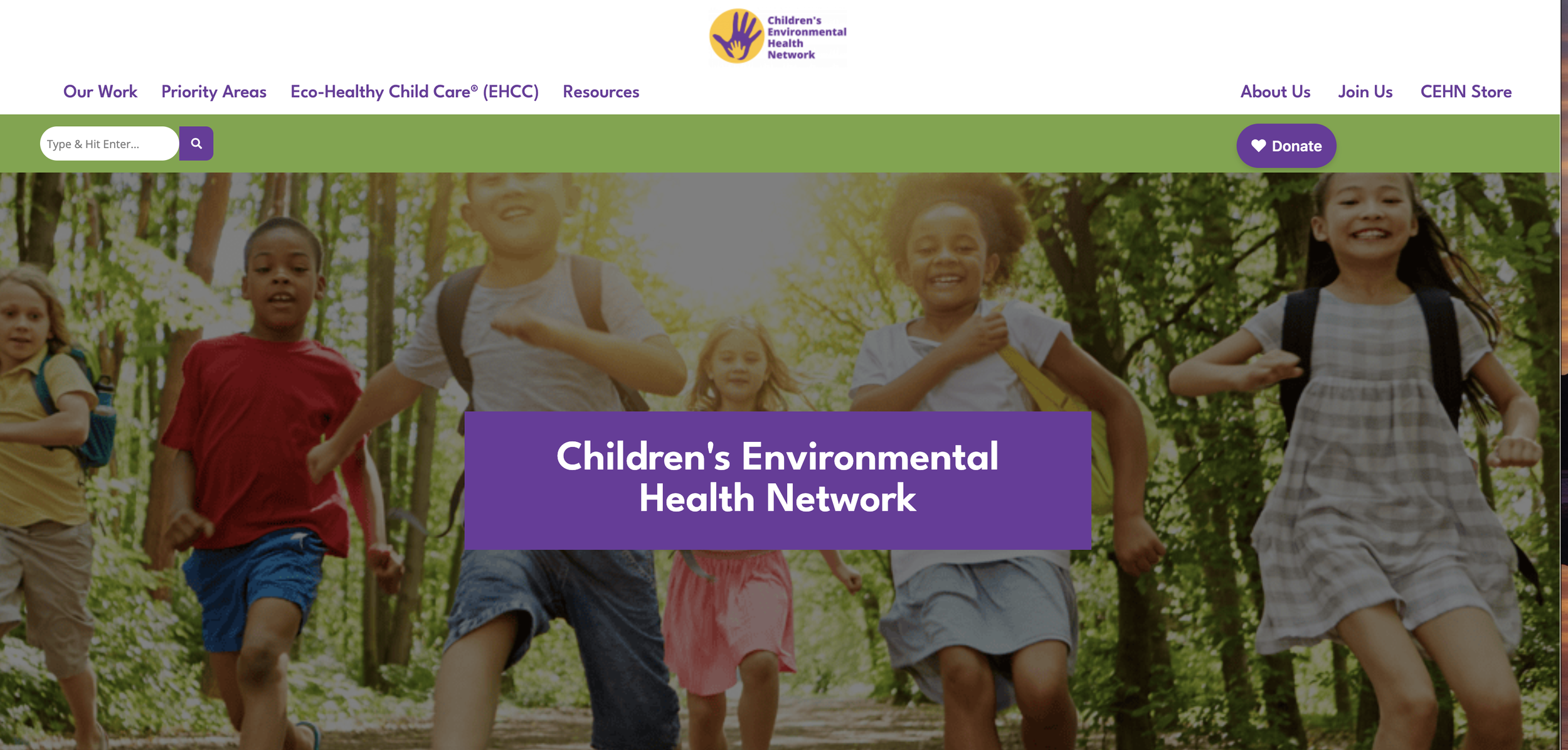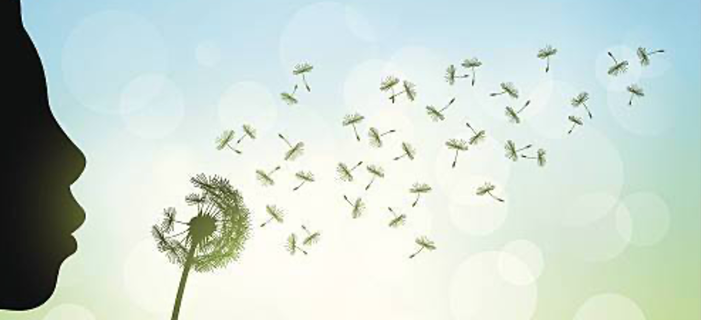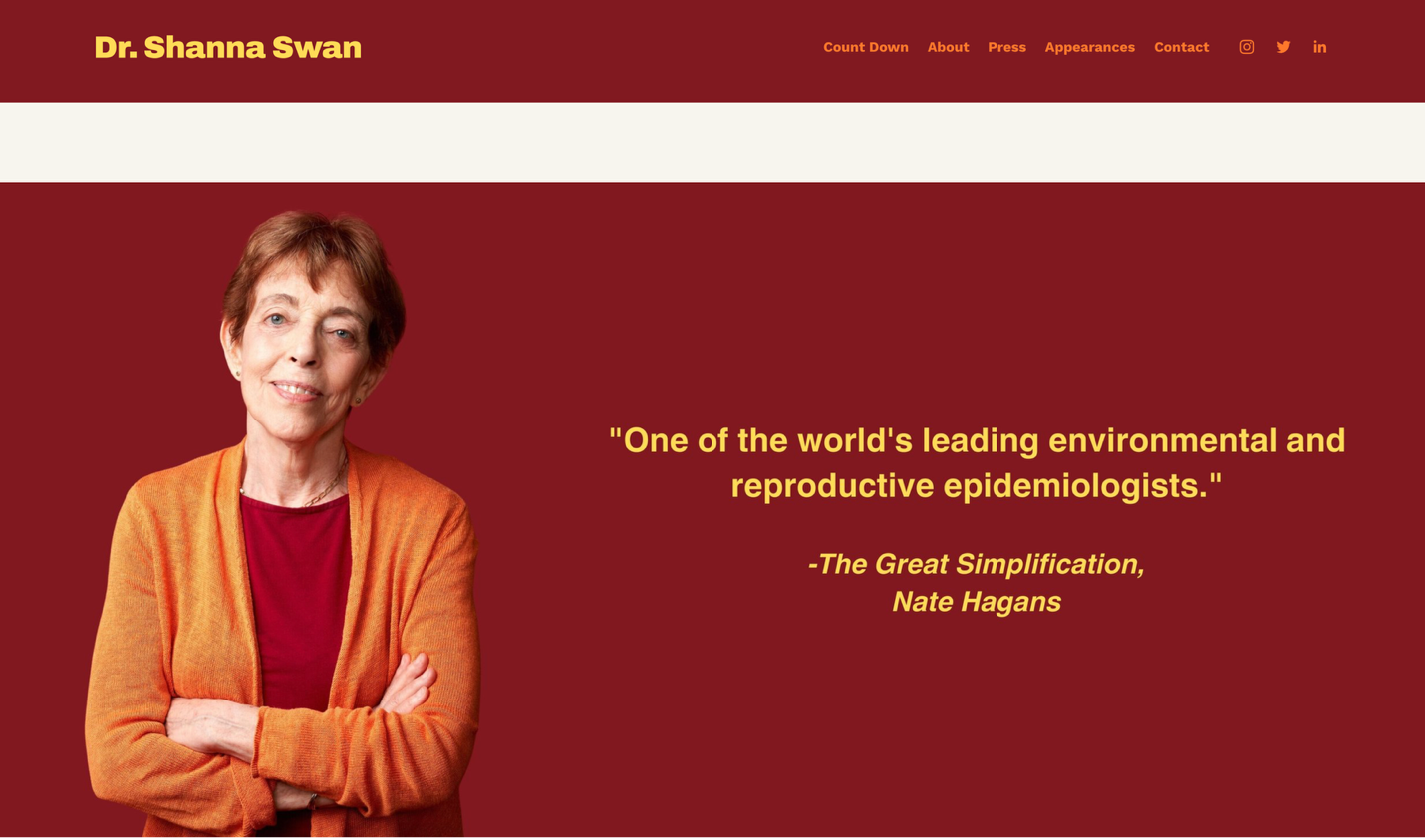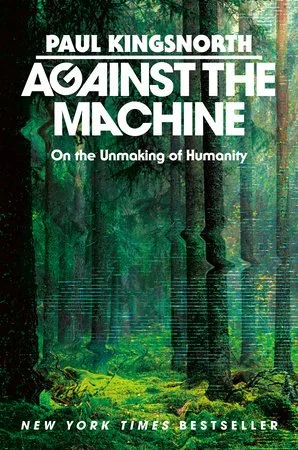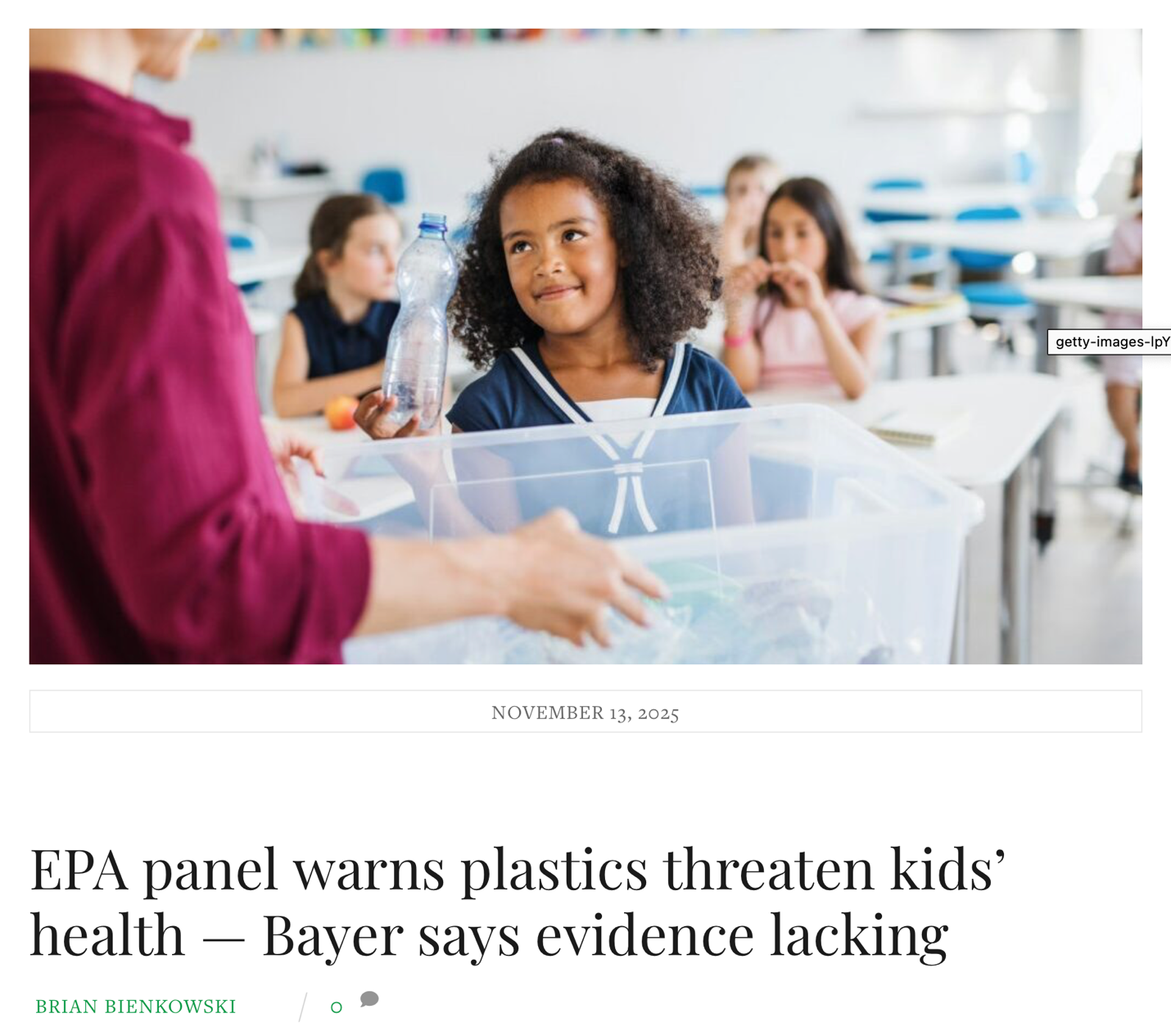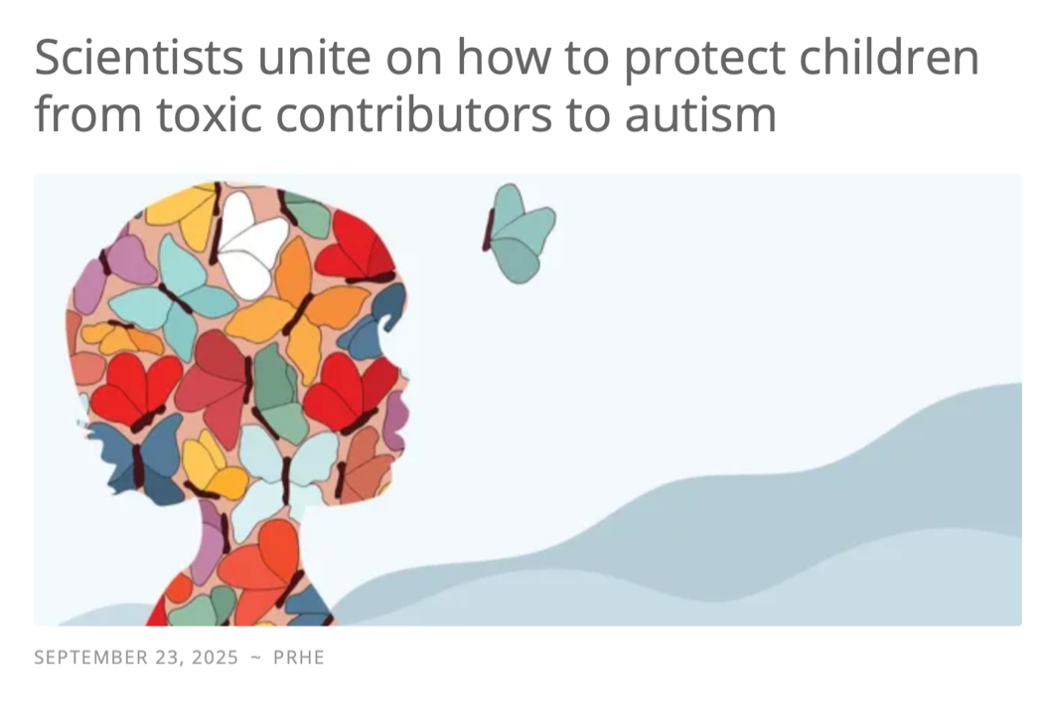Four minors died of chemical gas poisoning after a resident tried to fumigate a home in Amarillo, Tex., with pesticide, fire officials told local media. (CBS)
A pesticide poisoning incident in Amarillo, Texas is making headlines this week. Four children out of nine family members who were rushed to a hospital have already died from the phosphine gas released when aluminum phosphide pesticides put under the mobile home were sprayed with water in a vain effort to mitigate their effect on the family.
Did Pedro Balderas, the children's father, make a mistake in using pesticides to get rid of a rodent problem under the home? Yes, of course he did. But the consequences of his mistake are out of all proportion to the mistake. Who would ever get over losing four children: Yasmeen, 17; Josue, 11; Johnnie, 9; and Felipe, 7? Families can easily assume that products available to them are basically safe; after all, consumers can sue over hot coffee or fatty foods at McDonald's. Who would think there were so many chemicals on the market that can kill people outright, even without physical contact? The bipartisan Frank Lautenberg Chemical Safety Act is tightening regulations up a little, but there is still almost no regulation of hazardous chemicals, pesticides in particular.
Moreover, it's not just the parents who choose to use these chemicals whose children die. Our beloved Katherine was exposed to acutely toxic doses of chlorpyrifos used for mosquito spraying without our knowledge or permission. All we did was leave the windows open on a beautiful summer evening. Children eating conventionally raised food are routinely exposed to a variety of pesticides. Many lawns, sports fields, and even schools are routinely treated with hazardous pesticides ranging from pyrethroids to organophosphates to glyphosate. These chemicals have been conclusively linked to higher rates of cancer, cognitive deficits, ADHD, lower IQs, autism, and auto-immune disease. Overall, the number of children dying from chronic disease caused by these chemicals far outweighs the acute poisonings -- it's just that these deaths do not make headlines: the association is more difficult to assign with certainty, and there is a delay in the death, an invisibility in the suffering. Humans are notoriously bad at assessing risk, more likely to be afraid of flying in airplanes than smoking cigarettes. This is another example of how we choose to suffer many preventable deaths in silence while flooding social media with news of a few that make for a more spectacular story. Cancer is the number one disease killer and second leading killer overall of children, and the cancer rate has been steadily increasing with increased chemical exposures. Between 1992 and 2012, more than 234,000 U.S. children were diagnosed (PANNA 2016). Thousands of children in the U.S. alone have died from reckless use of pesticides. Autism rates are skyrocketing and IQs declining, with devastating effects on families. We are deliberately causing death, disease, and horrible suffering in our precious children -- and ourselves -- for so little in return: fewer pests, greener grass -- all things our great grandparents did without or dealt with in other ways.
So please, before you buy harmful chemicals like pesticides, hire a company to apply them for you, or otherwise opt for an easy but toxic solution for a minor problem, think twice. Think about Yasmeen, Josue, Johnnie, and Felipe -- and think of Katherine.
References
Pesticide Action Network (PANNA). 2016. Kids on the frontline: How pesticides are undermining the health of rural children. Retrieved from https://www.panna.org/sites/default/files/KOF-report-final.pdf
U.S. Congress. 2016. S. 697 -- Frank R. Lautenberg Chemical Safety for the 21st Century Act. Retrieved from https://www.congress.gov/bill/114th-congress/senate-bill/697/all-info
Wang, A.B. 2016. 4 children killed after pesticide released toxic gas underneath their home, police say. Washington Post, January 3. Retrieved from https://www.washingtonpost.com/news/post-nation/wp/2017/01/03/4-children-killed-after-pesticide-released-toxic-gas-underneath-their-home-police-say/?utm_term=.c47ab384bd54
Yan, H., Nottingham, S., & Stapleton, A. 2016. Texas pesticide deaths: Chemical may have sickened, but cleanup was fatal. CNN. Retrieved from http://www.cnn.com/2017/01/03/health/texas-pesticide-deaths/





